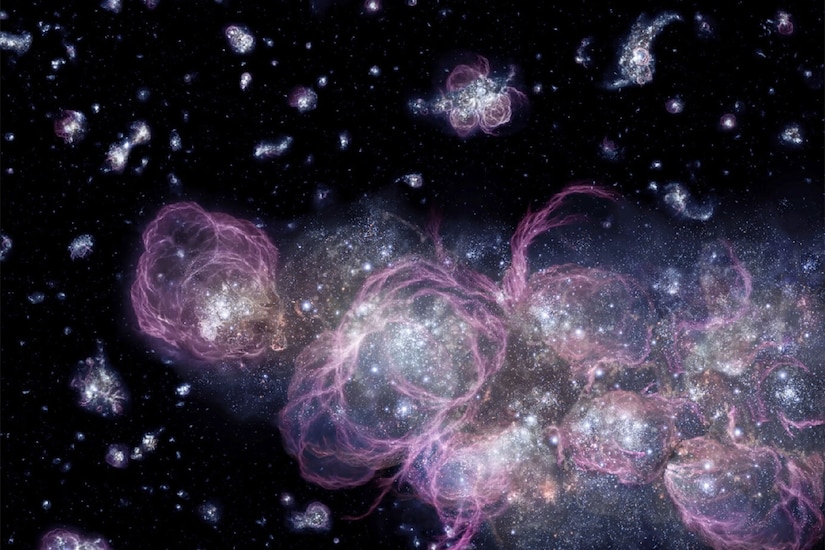Arno Allan Penzias, who served in the Army during the Cold War in 1955 and 1966, is also a Nobel laureate.
In 1964, Penzias and Robert Wilson, using an ultra-sensitive microwave receiving system to study radio emissions from the Milky Way galaxy, found something unexpected.
They detected background noise from outside the Milky Way. They realized that the radio signal was cosmic radiation that had survived from earliest time of the universe, some 15 billion years ago, thereby offering validation of the Big Bang, a theory of the universe’s origin.
For their discovery, in 1978 the two were awarded the Nobel Prize in physics.
Penzias was born in Munich, Germany, April 26, 1933. In 1939, his parents sent him and his brother Gunther to the United Kingdom to escape being killed during the Holocaust.
His parents escaped as well, and they settled down in the Bronx borough of New York City. After graduating from the City College of New York with a degree in physics, he became a radar officer with the Army Signal Corps.
“My army experience helped me get a research assistantship in the Columbia Radiation Laboratory, then heavily involved in microwave physics,” he stated in his Nobel Prize biography.
Microwaves are used by radars to transmit pulses of energy at objects, which are then reflected back, thereby locating objects like aircraft.
Using his G.I. Bill, Penzias earned a doctorate degree in physics and astronomy from Columbia University in 1961 and went to work at Bell Laboratories in Holmdel, New Jersey, where he worked for the next 37 years.
“In addition to my astronomical research, I always had made it my business to engage in technology-related work at Bell Labs. It seemed only reasonable to contribute to the pool of technology from which I drew upon. Similarly, Bell Labs has always contributed to, as well as used, the store of basic knowledge — as evidenced by their hiring of a radio astronomer in the first place,” he stated in his biography.
After his work at Bell Labs, Penzias moved to Silicon Valley, California, where he sat in on presentations made by nascent startup enterprise pitches to venture capitalists.
“I felt right at home in short order, peppering presenters with questions and suggestions concerning their technologies and plans for turning their offers into viable businesses,” he stated in his biography.
Penzias died from complications of Alzheimer’s disease in San Francisco, on Jan. 22, at the age of 90.





